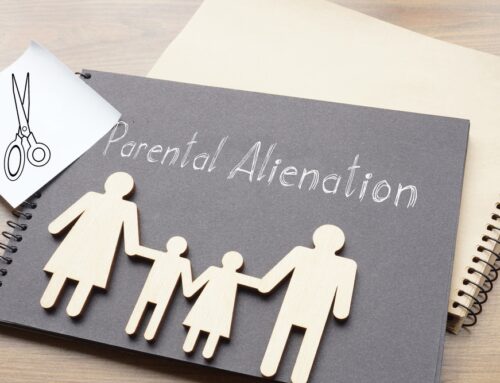Mediation can be a way of lowering costs upon divorce or separation, reaching agreements and improving your future communication with your ex-partner. But what is it, and how does it work? Here’s everything you need to know.
Mediation Is Designed To Help You…
Meditation isn’t like a court, where a judge would decide the outcome. Instead, a completely impartial mediator is there to help you to reach a decision. The mediator helps by trying to find common ground and suggesting practical steps to help you to agree on things. In many cases, this can avoid the necessity of going to court, leading to a friendlier and cheaper divorce.
How Divorce Mediation Works
Although you don’t have to use mediation, if you go to court then you usually need to prove that you have been to an introductory meeting called Mediation Information and Assessment Meeting (MIAM). In most situations, it is advisable to try mediation before going to court.
Mediation is much cheaper than going to court, and there may be legal aid available if you are on a low income.
The process works like this:
Before You Go To Mediation
Before your first appointment, you should think about what you want to achieve. Focus on the things that you and your ex-partner really disagree on, whatever that might be. If you will be discussing money or property, you will need to fill out a financial disclosure form with your financial information. It is important that you are both honest, otherwise, any agreement you make will be invalid.
During Mediation
Most mediation sessions involve you, your ex-partner, and the mediator sitting together to discuss your differences. If it isn’t possible for you and your ex-partner to be in the same room, then you can sit separately and the mediator can go back and forth between you. This type of mediation is usually more expensive. During the sessions, the mediator will listen to both of your points of view to try to find common ground, create a calm atmosphere and help you to reach an agreement.
After Mediation
If you are able to reach an agreement, the mediator will write a ‘memorandum of understanding’. This will be a document outlining what you have agreed. Both you and your ex-partner will receive a copy of this document. You can take this to a solicitor who will transfer this document to a consent order, which is legally binding.
If You Can’t Reach An Agreement…
Occasionally, it won’t be possible to reach an agreement using divorce mediation. If this happens, it is best to contact your solicitor who will be able to advise you on what to do next.
Contact Us
At Beeston Shenton, our family team based in Newcastle-under-Lyme know that, at what can be a very difficult time, you need a divorce solicitor who is understanding and on your side. We pride ourselves on our client care. If you need support with your divorce, contact us today.




